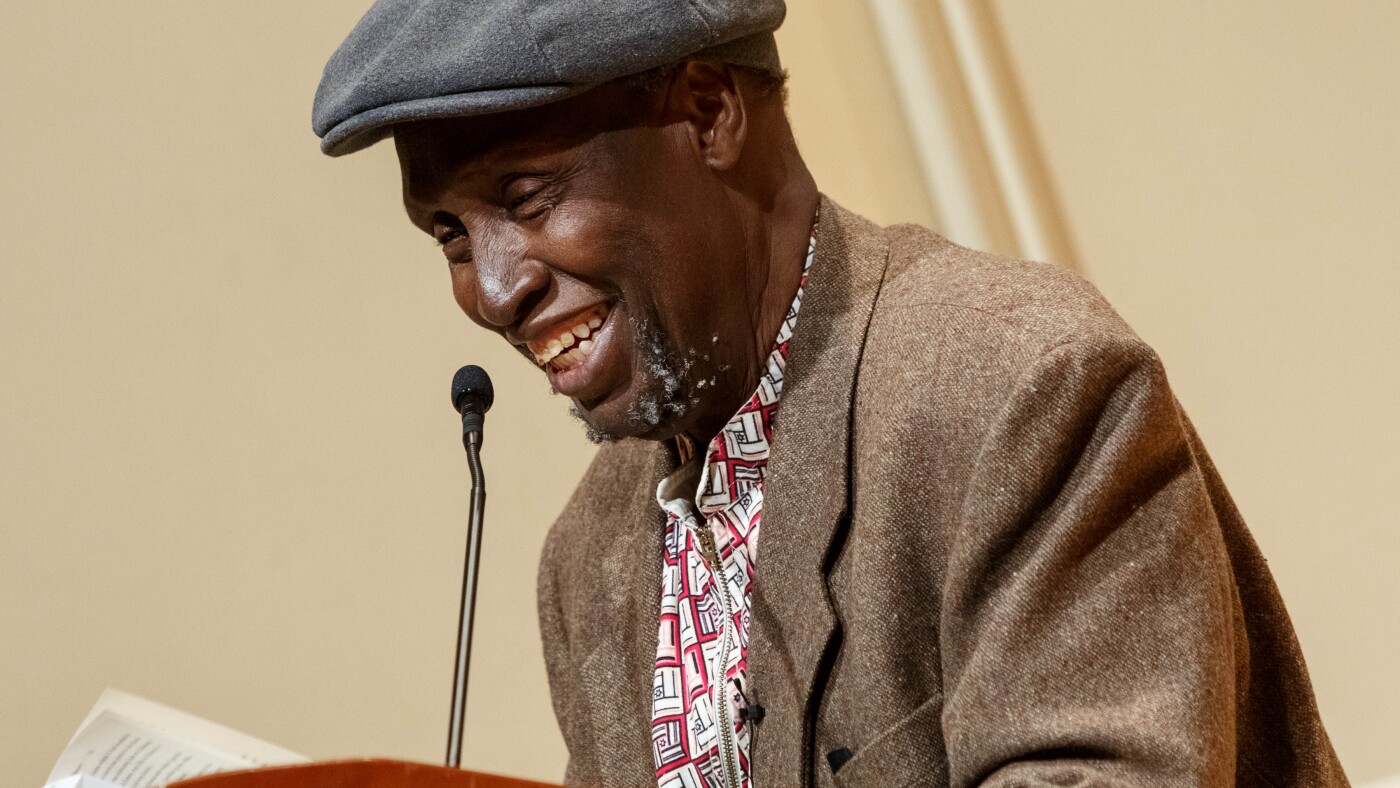
"One of the greatest tragedies of Africa is a complete disconnection of the elite from their linguistic base. If Africa is going to contribute something original to the world, this must be rooted not only in the experience but also in the possibilities inherent in their own languages."
"We have been brought up to think of our many languages as something which is bad. And it's the other way around. Monolingualism suffocates. It is a bad thing. Language contact is the oxygen of civilization."
"Ngugi wrote Devil on the Cross while he was in prison. In 1977, he co-wrote a play in Gikuyu and produced it in a local theater in Kenya. And while he'd previously written work critical of the Kenyan government in English, it was this play that got him sent to a maximum security prison, though he was never charged."
"His writing career began in 1964, with the novel Weep Not, Child. It was about a family living in colonial Kenya during the Mau Mau rebellion, which fought back against British rule. The book became an important part of the African literary canon."
Ngugi wa Thiong'o, the acclaimed Kenyan writer and critic of colonialism and post-colonial governance, passed away in Georgia at 87. His literary journey began with 'Weep Not, Child' in 1964, which explored life during the Mau Mau rebellion. Advocating for the use of local African languages, he notably published 'Devil on the Cross' in Gikuyu. His work often reflected his experiences with colonialism and injustice, leading to his imprisonment after co-writing a play critical of the Kenyan government. Ngugi’s belief in the importance of indigenous languages shaped his efforts to connect literature to local identities.
Read at www.npr.org
Unable to calculate read time
Collection
[
|
...
]